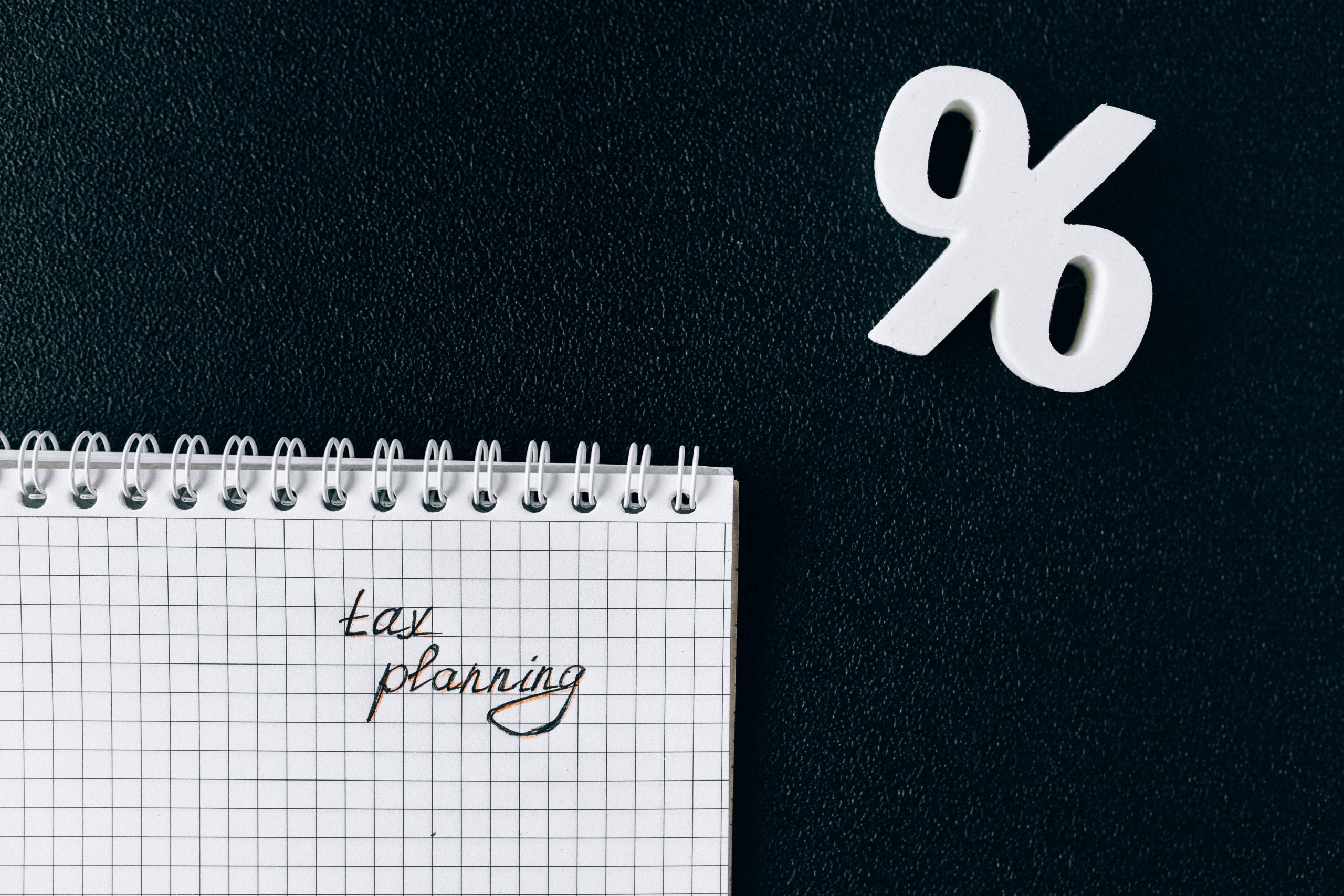Whether you’re running a business, or you’re an employee that has seen an HRA written up in your contract, you’re probably wondering what a Health Reimbursement Account is and what it can do for you.
Is it something worth thinking about, and is it important to you? Today, we’re going to delve into the inner workings of what an HRA and how it affects you. Let’s jump straight into it!

What is an HRA?
A Health Reimbursement Account (HRA) is a type of financial account that is run by a business. The funds within this account are then used to reimburse (repay or financing) any medical expenses that employees need to pay for.
This could include any kind of finance, whether that’s healthcare premiums that need to be paid, or out of pocket costs that need funding. An HRA is known as an employee benefit because the money in it is only funded by the employer, and employees won’t need to be paid into it.
Typically, an HRA is used in addition to an employee’s health insurance policy, or the financing can be arranged at the discretion of all parties involved.
What Else Should I Know About HRAs?
HRA is NOT Health Insurance
As an employer, you need to make it very clear that an HRA is not a substitute for professional health insurance, but should instead be a bonus, add-on, or addition. There are multiple types of health insurance out there, such as PPO or HMO, but an HRA is not one of them.
An HRA is an employee benefit that can help to cut costs and not affect previous insurance information and to ensure everyone is financially stable; not to supply an employee with a full healthcare plan.
Employers Are in Charge
To stop employees taking advantage of the system, it’s up to the employer to specify what the HRA can be spent on. As an employer, you’ll need to write up a list of all the things that are covered by the HRA of a company, meaning there’s no room for misinterpretation.
HRA Payments Must Be Requested
An employee cannot simply go up to their employer and ask for money out of the HRA fund; it must be officially requested. This means keeping the receipts of healthcare treatments as proof of evidence and submitting them all via the predetermined process set out by the HRA provider.
This process can be a bit complicated to those who haven’t used it before, so it’s a good idea to make sure you’ve provided everything they need to know and provide assistance to try and make the process as easy as possible.
HRAs Are Non-Transferable
If an employee is working in a company where an HRA is provided, it’s important to remember that this won’t follow the employee from job to job. An HRA is employee-owned, and once an employee leaves the company, the HRA will no longer be applicable to them.
Summary
This is scratching the surface on what HRAs are all about, but you should get a clear idea on what they’re used for and how they work. If you require more information, as an employee, talk to your HRA provider for further assistance, or as an employee, talk to your employer for specific details relating to your specific policy.






